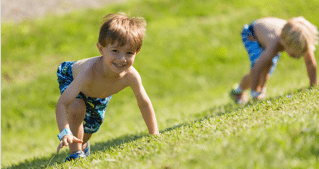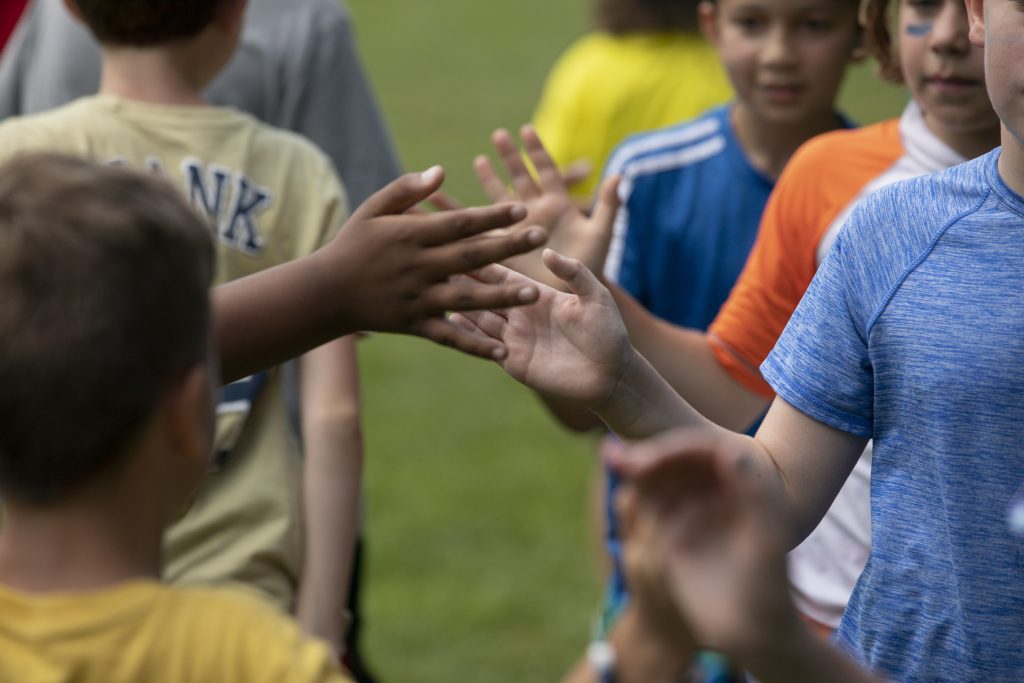I recently had the privilege of attending a conference on Disability and Inclusion hosted by the Heinz Endowments and the FISA Foundation. The conference brought together professionals, foundation leaders, board members and volunteers from all over western Pennsylvania to explore what it means to be truly inclusive in our organizations. We spent the day exploring how to eliminate barriers and examining our role and the change that we can bring about for disability inclusion and access.
We heard from Jennifer Mizrahi, President of Respectability, who shared that a mental health condition is the number one most common disability in the United States. Many of these mental health conditions are considered “invisible disabilities,” meaning the condition cannot be seen from the outside, yet it can limit or challenge a person’s movements, senses or activities. The fact that these symptoms are invisible can lead to misunderstandings, false perceptions and judgments.
More than 6 million students in American public schools are diagnosed with disabilities, many of which are also considered invisible, and many of which are right here in our own JCC community. Emma Kaufmann Camp and the day camps of the JCC have spent the past year piloting an innovative project to define and implement an expanded vision of inclusion related to invisible disabilities. We launched our B’Yachad (inclusion) initiative to become more welcoming to campers with varying differences and disabilities. We updated our staff training (i.e., Youth Mental Health First Aid) and related protocols to build mental health literacy among all staff and for them to better identify, understand and respond to signs of mental illness. With the support of a dedicated Inclusion Consultant and inclusion counselors as well as a new sensory room, we were able to make the camp experience more accessible to campers of all abilities.
Creating a vision for inclusion is about more than how many more people can participate in your programs because you made them more accessible. Where do we go from here? What’s next on our journey to becoming more inclusive at JCC Camps and in our organization at large? How do we bring outsiders along in that journey? How do we make inclusion about more than just accessibility, support staff and sensory rooms? These were all answers I went seeking at the conference. We heard from Darren Walker, President of the Ford Foundation, who spoke about the importance of changing the narrative. Once the narrative changes, the possibility for behavior and policy changes. Sometimes, creating a more inclusive and accessible environment at camp, although essential and gratifying, can seem like an overwhelming task. I left the conference energized and charged to make inclusion a relative concept for all, and when unsure of where to begin, start with changing the narrative.
At JCC camps, we will continue to change the narrative by making inclusion about empathy and education, and not a concept that only creates more barriers between those with disabilities and those without. We will continue to train our staff on inclusive best practices and infuse mindfulness and wellness into our workplace. We will continue to strive for “universal design,” creating good experiences and a usable environment for everyone. We will continue to strengthen our system of care by providing the children and young adults in our camps with social workers, guidance counselors and trauma informed specialists that can support them to be successful in a camp environment.
Through our inclusion initiative, the Center for Loving Kindness, the 10/27 Healing Partnership and many other programs at the JCC, we will continue to make inclusion part of what we do, not something we have to do. Inclusion has become one of our core values, and therefore we will continue to innovate and look for ways to infuse it into everything we do.
For additional resources on Disability and Inclusion Access, visit the conference resource website: www.disabilityinclusionpgh.org.
Rachael Speck is Division Director, Children, Youth & Family and JCC Day Camps




